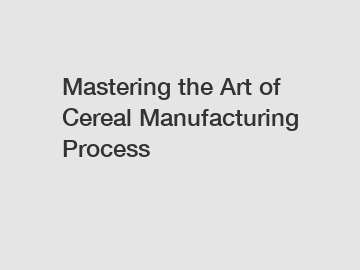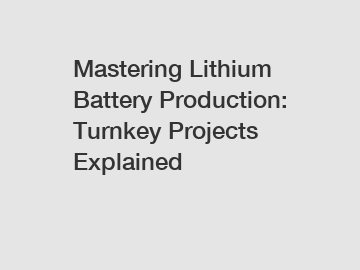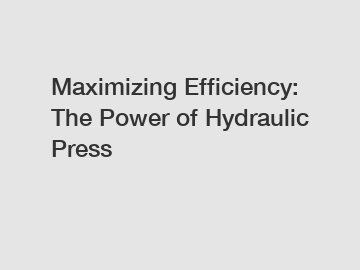What is the Difference between PAUT and TOFD?
Since the introduction of TOFD in the 1970s, the use of this renowned and reliable non-destructive testing technique has steadily increased. TOFD can be performed manually and is most often combined with recording equipment (i.e. encoders or industrial scanners). To achieve compliance in North America, TOFD is often combined with pulse-echo or phased-array technology to cover the root and cap areas of the weld.
Time of Flight Diffraction (TOFD) is one of the most reliable NDT methods for weld seam inspection prior to welding and during the in-service inspection. An accurate assessment of the weld seam is essential to ensure that the stability and integrity of the welded structure are not compromised by defects.
This ultrasonic method is used in a variety of industries including petrochemical, chemical, oil and gas, power generation, and manufacturing.
HS 811 TOFD Flaw Detector
Benefits of time-of-flight diffraction include.
Can be performed during production work - no downtime required
The method is radiation-free
Inspection data is recorded and can be digitally stored for future reference
Inspection results are immediately available
Fast inspection method
Sensitive to all types of welding defects, including cracks, slag, and infusion
Popular TOFD weld inspection techniques
TOFD can be used alone or in combination with other ultrasound techniques. Some of the most common techniques are
Single TOFD
Multiple TOFDs
TOFD with pulse-echo/creeping wave
Phased array TOFD

An Introduction to Seismic Data Acquisition Equipment
What is the main purpose of Valve?
Sustainable Construction: Revolutionizing Emissions with Electric Dump Trucks
The Different Types of CNC Lathe Machines
Exploring the Diverse Types of Plate Rolling Machines
A Complete Guide to Choosing the Best Precast Machinery
Ultimate Guide to Vegetable Screw Press Machines: Everything You Need to Know
Ultrasonic Flaw Detector
Accurate measurement of defect size
A pair of ultrasonic probes are placed on opposite sides of the weld or test item. One probe acts as a transmitter and emits an ultrasonic pulse which is received by the other probe (i.e. the receiver). For undamaged items, the receiver probe receives a signal from two waves - one that propagates along the surface (transverse wave) and another that is reflected from the far wall (back wall reflection). If cracks are present, for example, crazing, the ultrasonic pulse is diffracted from the tip of the crack. By measuring the time of flight of the pulse, the depth of the crack can be calculated by means of a trigonometric function.
TOFD is often used in conjunction with other NDT methods such as phased arrays.
What is the difference between PAUT and TOFD?
Advanced inspection technologies offer innovative solutions for integrity projects and non-destructive testing. By applying the advanced NDT techniques PAUT (Phased Array Ultrasonic Inspection/) and TOFD (Time of Flight Diffraction).
The difference between PAUT and TOFD lies in the response of the physical principle (ultrasound) that produces any discontinuity in the material. PAUT is based on the reflection of ultrasound waves, while TOFD is based on the response of diffracted waves indicating the tip.
This difference is an essential factor in assessing indications that are difficult to detect using other techniques: mainly cracks in welded components.
The advantages of PAUT and TOFD techniques over conventional techniques are their versatility, their detection capabilities, and the cost-benefit ratio associated with reduced downtime during execution. These techniques can be applied in a variety of industries: aerospace, power generation, petrochemicals, metal fabrication, construction and maintenance, and general manufacturing.
Zhongke Innovation is a scientific and technological enterprise and a nondestructive testing equipment manufacturer with independent intellectual property rights. Moreover, the company has several core product systems which lead the development direction of China's ultrasonic nondestructive testing technology including conventional testing equipment, high-end imaging testing equipment, and all kinds of automatic detection equipment to form the whole industry chain layout from portable manual testing product to the fully automatic detection system and from design, research, development, manufacturing to field installation, debugging and training. Contact us today or visit our website.
more:
multi channel automatic testing equipment
plate ultrasonic automatic testing equipment
ultrasonic pipe testing equipment
5 Essential Pet Food Processing Machines to Optimize Production
Should businesses invest in automated luggage machines at airports?
Unlocking the Secrets: Butter Extraction Machine Explained
What are the advantages of extrusion in food processing?
Is the L Bar Pof Film Shrink Wrapping Machine the Best Investment for Your Business Needs?
How do you get oil out of nuts?
Maximizing Efficiency with Palletising Machine Automation










Comments
0